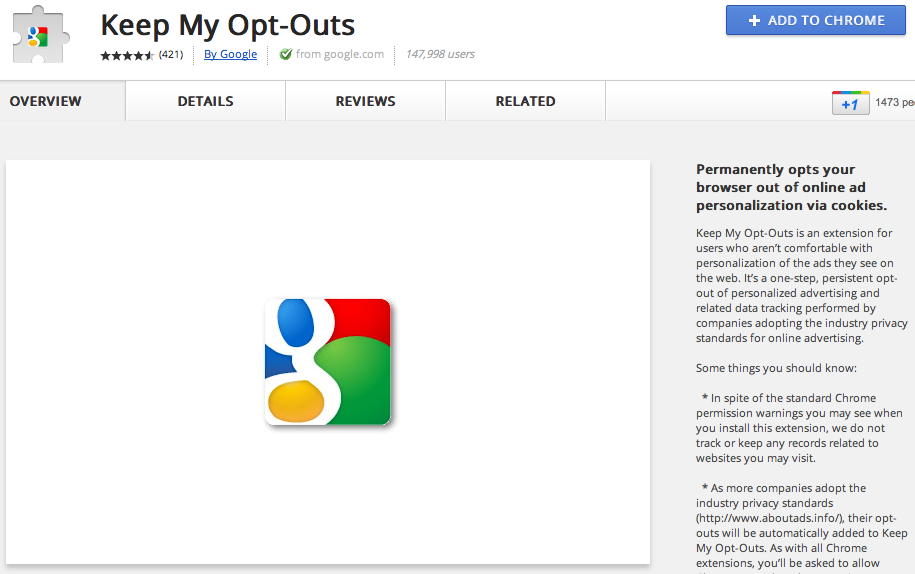Millions of British Apple users able to sue Google over secretly-dropped cookies


Update: A class action suit has now been funded by a major US law firm, allowing any qualifying UK user to join the action at no cost. You can complete a qualifying questionnaire here.
A not-for-profit company, Google Action Group Ltd, has been set up to manage the case which is seeking to win between £400 and £4000 in compensation for each claimant who used a . It has appointed Hausfeld, Europe’s leading claimant firm, to challenge Google on behalf of all those Apple users in England and Wales who used the Safari browser on Apple computers, iPod Touches, iPads, and iPhones during the infringing period of Summer 2011 to about 17th February 2012.The Google Action Group is seeking more members of the public to sign up for the legal action. The public can join the action for free, because the costs will be met by a £2.5m pot of money being put up by a major US litigation funding firm.
UK Apple users have been given the go-ahead to sue Google for continuing to drop cookies on their devices even after they had refused permission through their Safari browser settings.
It was revealed in 2012 that Google bypassed the setting in Safari which instructed sites not to drop cookies, enabling it to deliver personalized ads. The FTC in the US fined the company $22.5M for the practice, with millions more in additional fines levied by 38 US states. There was no government action in the UK, but a group of British iPhone users took Google to court, seeking compensation for breaching their privacy.
Google had attempted to have the case dismissed, claiming that there was no case to answer as the plaintiffs had not suffered any financial harm, but the UK’s Court of Appeal has rejected this argument, allowing the case to proceed …


